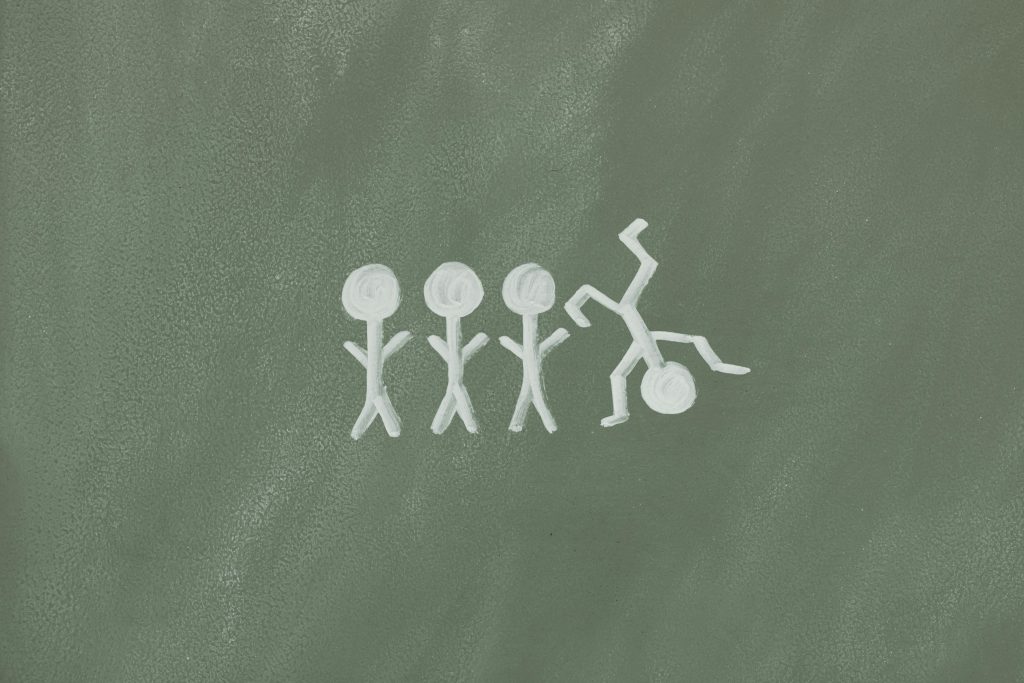“Autism is not a tragedy. Ignorance is a tragedy.” – Kim Stagliano
Autism Spectrum Disorder (ASD) is a broad spectrum of neurodevelopmental conditions, often overshadowed by misconception. So, what is it really? At its core, autism means your brain works differently from other people’s. It’s not an illness or a disease; it’s a basic part of a person’s identity that they are born with and will have for their whole life.

A strong need for routine, an attention to detail, or odd responses to sensations are some examples of their atypical behavioral patterns. Nevertheless, it is very important to remember that each autistic person is different. With needs and abilities that differ greatly and can change over time, the spectrum is wide.
So, why does autism remain so misunderstood? The conversation around autism is still crowded with misinformation. A lot of it boils down to persistent myths.
Let’s clear up the confusion surrounding some of the most common ones.

– Myth 1: Autism is caused by vaccines or bad parenting.
This is completely false. Extensive research has debunked the false claim linking vaccines to autism. Likewise, the outdated “refrigerator mother” theory has been proven entirely incorrect. Autism is not caused by parenting style, diet, or infection; evidence shows it is predominantly genetic.
The term “refrigerator mother” originated in the 1940s to criticize mothers for their children’s autism, falsely claiming their emotional frigidity caused the condition. This disregarded theory caused immense guilt and self-doubt for mothers for decades. While the majority of mental health professionals now reject this view, some lingering stigma that correlates autism to poor parenting still remains today.
– Myth 2: Autistic people lack empathy or would prefer to be alone.
This is an obvious misunderstanding. Autistic people may communicate and socialize differently, but they often feel emotions deeply and can be incredibly loyal and caring friends. The difficulty is often in reading social cues, not a lack of desire for connection.
– Myth 3: All autistic people are geniuses or have a learning disability.
The spectrum is far more complex. While some autistic people have exceptional skills, above-average intellectual ability, or intense special interests, this is not typical.
– Myth 4: Autism can be ‘cured’.
There is no cure, nor does there need to be. The goal is not to “fix” autistic people but to provide acceptance, support, and adjustments to help them thrive. Many challenges arise from a lack of understanding and accommodation in society, not from autism itself.
Understanding and accepting these truths is the first step toward building a world where autistic people are supported to reach their full potential, celebrated for their unique strengths, and valued for their different perspectives.
References:
Autism myths and facts. (n.d.). Retrieved from Ambitious about Autism website: https://www.ambitiousaboutautism.org.uk/what-we-do/awareness/autism-myths-and-facts
Autism, PDD-NOS & Asperger’s fact sheets | “Refrigerator mothers” – a discredited cause of Autism. (n.d.). Retrieved from www.autism-help.org website: https://www.autism-help.org/points-refrigerator-mothers.htm
Cleveland Clinic. (2024, May 29). Debunking 8 Autism Myths and Misconceptions. Retrieved from Cleveland Clinic website: https://health.clevelandclinic.org/autism-myths-and-misconceptions
WHO. (2023, November 15). Autism Spectrum Disorders. Retrieved from World Health Organization website: https://www.who.int/news-room/fact-sheets/detail/autism-spectrum-disorders
Images:
Pic 1: https://shorturl.at/1qKwL
Pic 2: https://shorturl.at/K8gIE
Written by: Rtr. Vishael Denislaus

Leave a Reply